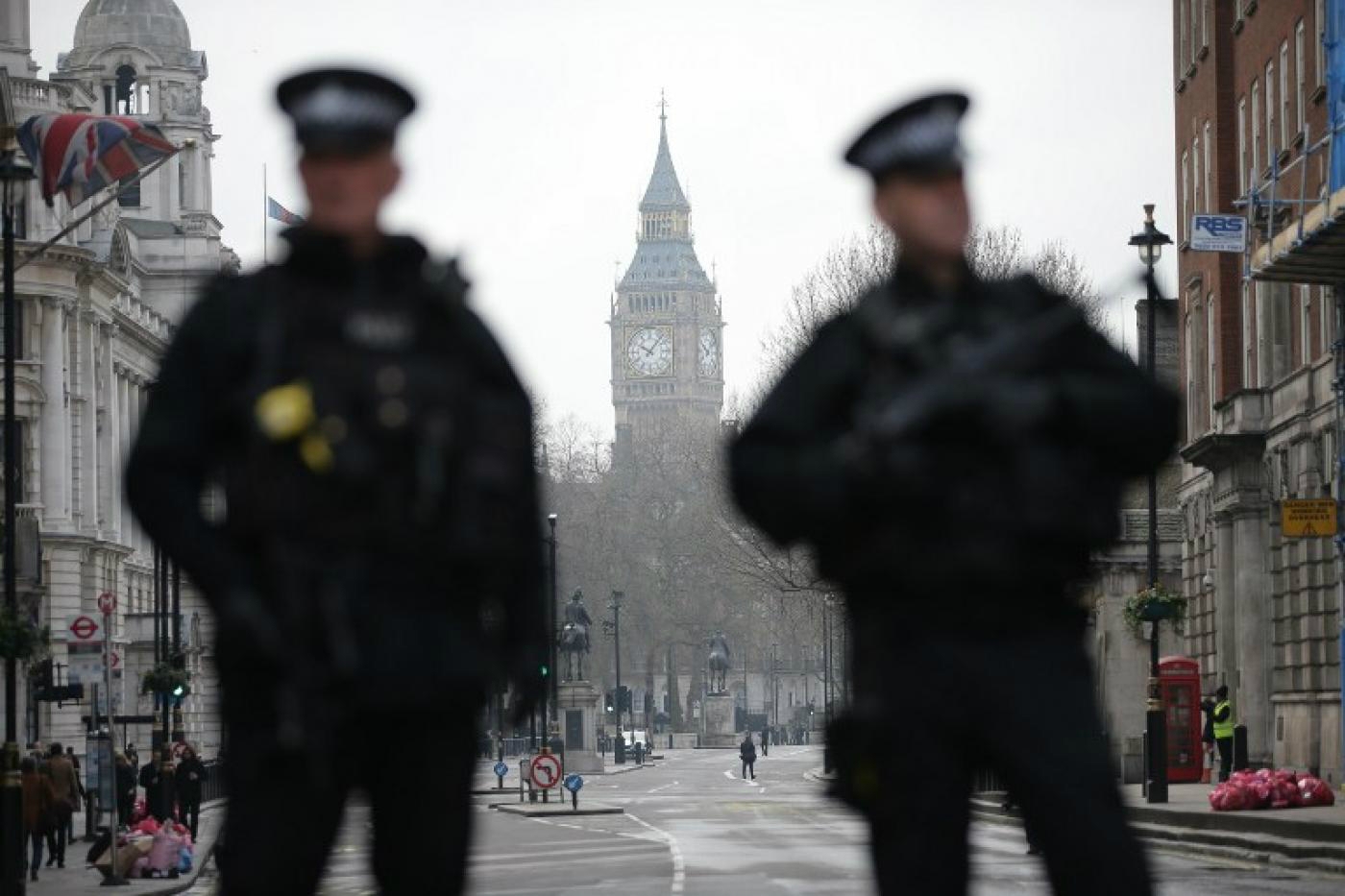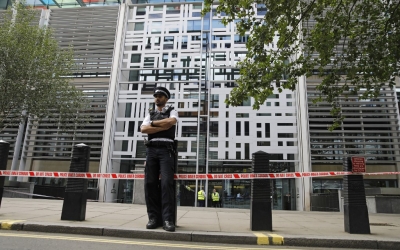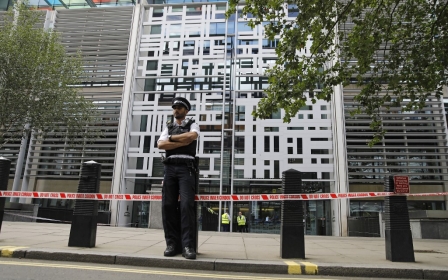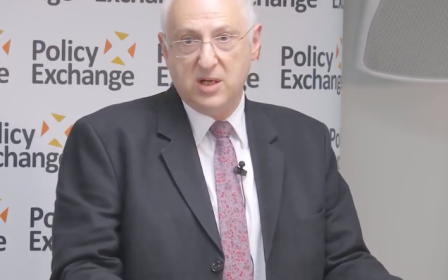UK government to extend legally binding deadline on Prevent review to August 2021

The British government is planning to push back its deadline for carrying out a review of its controversial Prevent counter-radicalisation strategy until August 2021.
At the same time that it announced on Wednesday new legislation that will bring in tough new sentences for those found guilty of terrorist offences, the government said it would also lift the deadline for the review, which had been due to be completed by August this year.
Under the terms of its new Counter-Terrorism and Sentencing Bill, it will now aim to complete the review by August 2021.
The review of the much-criticised programme has faced a series of setbacks, beginning when the government announced that it would be carried out by Alex Carlile, a Liberal Democrat member of the House of Lords who has been involved in running Prevent and has publicly described himself as “somewhat biased towards” it.
Carlile stepped down last year following a legal challenge from an NGO, Rights Watch UK, and no successor has yet been appointed.
Rights Watch UK, recently renamed as Rights and Security International, is anxious to see the review concluded as speedily as possible.
It also wants Carlile’s successor to consider the impact that the programme has on individuals and communities, as well as its effectiveness in steering people away from extremism.
Yasmine Ahmed, executive director of Rights and Security International, said that its pressure had resulted in the government agreeing to conduct the review in good faith.
"It is now incumbent on the government to adopt an open and transparent recruitment process for the reviewer, in line with the Cabinet Governance Code on Public Appointments, to ensure that an appropriate candidate is identified and issues like those which arose with Lord Carlile’s appointment are not repeated.
"It is imperative that this Government not run down the clock on this review any longer and it is permitted to commence its important work."
Raft of new measures
The decision to scrap the deadline is part of a raft of new measures announced in response to two knife attacks in London in November 2019 and February 2020, in which two people were killed and three were injured.
Both attackers had previously served short prison sentences for terrorism offences. Both were shot dead by police.
Other measures in the new bill include the introduction of 14-year prison sentences for individuals planning serious terrorist attacks and up to 25 years of post-release monitoring.
What is the Prevent Strategy?
+ Show - HidePrevent is a programme within the British government's counter-terrorism strategy that aims to “safeguard and support those vulnerable to radicalisation, to stop them from becoming terrorists or supporting terrorism”.
It was publicly launched in the aftermath of the 2005 London bombings and was initially targeted squarely at Muslim communities, prompting continuing complaints of discrimination and concerns that the programme was being used to collect intelligence.
In 2011, Prevent's remit was expanded to cover all forms of extremism, defined by the government as “vocal or active opposition to fundamental British values, including democracy, the rule of law, individual liberty and mutual respect and tolerance of different faiths and beliefs.”
In 2015, the government introduced the Prevent Duty which requires public sector workers including doctors, teachers and even nursery staff to have “due regard to the need to prevent people being drawn into terrorism”.
A key element of Prevent is Channel, a programme that offers mentoring and support to people assessed to be at risk of becoming terrorists. Prevent referrals of some young children have proved contentious. 114 children under the age of 15 received Channel support in 2017/18.
Criticism of the Prevent Duty includes that it has had a “chilling effect” on free speech in classrooms and universities, and that it has turned public sector workers into informers who are expected to monitor pupils and patients for “signs of radicalisation”. Some critics have said that it may even be counter-productive.
Advocates argue that it is a form of safeguarding that has been effective in identifying and helping troubled individuals. They point to a growing number of far-right referrals as evidence that it is not discriminatory against Muslims.
In January 2019 the government bowed to pressure and announced that it would commission an independent review of Prevent. This was supposed to be completed by August 2020. After being forced to drop its first appointed reviewer, Lord Carlile, over his past advocacy for Prevent, it conceded that the review would be delayed.
In January 2021 it named William Shawcross as reviewer. Shawcross's appointment was also contentious and prompted many organisations to boycott the review. Further delays followed. Shawcross's review, calling for a renewed focus within Prevent on "the Islamist threat", was finally published in February 2023 - and immediately denounced by critics.
Released terrorism offenders will face restrictions on where they can live and travel, who they can meet and the electronic devices they can use.
Those sentenced to life terms may never be released. Currently most people sentenced to life in the UK are released on licence, but can be recalled to prison.
Individuals who are suspected of terrorism offences, but have not been convicted, will also face restrictions on their movements and use of telephones and computers and may be electronically monitored.
The civil rights group Liberty said that the new bill threatens individuals’ safety, because the government was making no attempt to discover the root causes of terrorist attacks.
Middle East Eye delivers independent and unrivalled coverage and analysis of the Middle East, North Africa and beyond. To learn more about republishing this content and the associated fees, please fill out this form. More about MEE can be found here.





